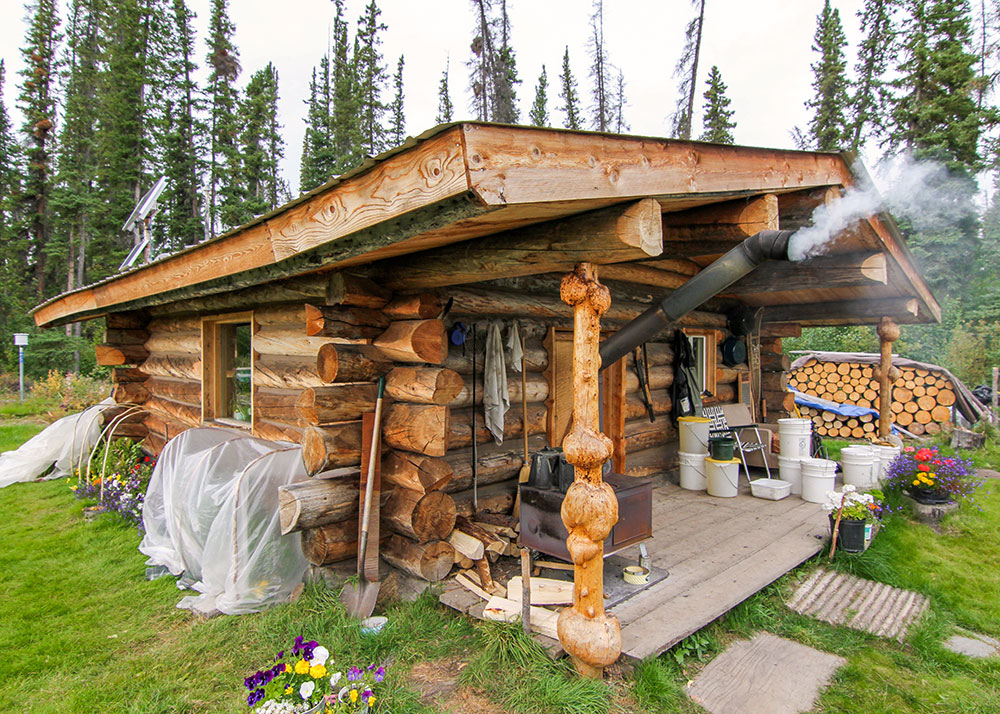Off grid living legal – Off-grid living legal complexities are increasingly relevant as more people seek self-sufficient lifestyles. This exploration delves into the legal minefield surrounding land ownership, water rights, waste disposal, energy production, and building regulations for those choosing to live beyond the grid. Navigating these legal landscapes requires careful planning and adherence to local, state, and federal laws. Failure to do so can result in significant fines or even legal action.
From securing the necessary permits for off-grid structures to understanding the intricacies of water rights and waste management, the path to legally sound off-grid living demands thorough research and proactive engagement with relevant authorities. This guide aims to shed light on these critical aspects, providing a framework for individuals and families seeking to embrace a life outside the conventional infrastructure.
Navigating the legal landscape of off-grid living requires careful consideration of local regulations. For those considering this lifestyle in North Carolina, understanding specific state and county ordinances is crucial, as highlighted in this recent article on off the grid living in nc. Ultimately, thorough research and compliance with existing laws are paramount for anyone seeking an off-grid existence, regardless of location.
Defining “Off-Grid Living” Legally
The term “off-grid living” lacks a universally accepted legal definition, leading to varied interpretations across jurisdictions. Understanding these legal nuances is crucial for anyone considering this lifestyle. This section clarifies the legal ambiguities surrounding off-grid living, differentiating it from related concepts and examining how various jurisdictions approach its regulation.
Interpretations of Off-Grid Living
Legally, “off-grid living” often centers on the degree of reliance on public utilities and services. Complete self-sufficiency is rare; most off-grid dwellers utilize some public services, albeit minimally. The legal interpretation focuses on the extent of this reliance and the compliance with regulations concerning self-provided alternatives. For example, using solar panels for electricity might be legally acceptable, but discharging untreated sewage could be a violation.
Activities with Legal Implications
Several activities commonly associated with off-grid living have potential legal ramifications. These include constructing dwellings without permits, harvesting water from unauthorized sources, disposing of waste improperly, and generating electricity without adhering to regulations. The legality of these actions depends heavily on local, state, and federal laws.
Distinguishing Off-Grid Living from Other Lifestyles, Off grid living legal

Source: offgridworld.com
Off-grid living is often confused with homesteading and rural living. While there’s overlap, key differences exist. Homesteading emphasizes self-sufficiency and often involves agricultural practices, while rural living simply refers to residing in a sparsely populated area. Off-grid living prioritizes independence from public utilities, irrespective of agricultural activities or population density.
Legal Definitions Across Jurisdictions
| Jurisdiction | Definition Focus | Key Regulations | Enforcement Body |
|---|---|---|---|
| Example County, USA | Level of reliance on public utilities | Building codes, water rights, waste disposal | County Planning & Zoning |
| Example Province, Canada | Environmental impact assessment | Environmental protection acts, land use permits | Provincial Environmental Ministry |
| Example Region, Australia | Water usage and land management | Native vegetation protection, water allocation plans | Local Council, State Environmental Agency |
| Example State, Germany | Building regulations, energy production | Building codes, renewable energy laws | Local Building Authority, Federal Energy Agency |
Conclusion: Off Grid Living Legal
Successfully navigating the legal aspects of off-grid living requires a multifaceted approach, combining thorough research, proactive engagement with local authorities, and a commitment to sustainable and legally compliant practices. While challenges exist, the rewards of a self-sufficient life can be substantial for those willing to invest the time and effort to understand and comply with the relevant regulations. This exploration serves as a starting point, encouraging further investigation into specific local laws and regulations before embarking on an off-grid journey.
